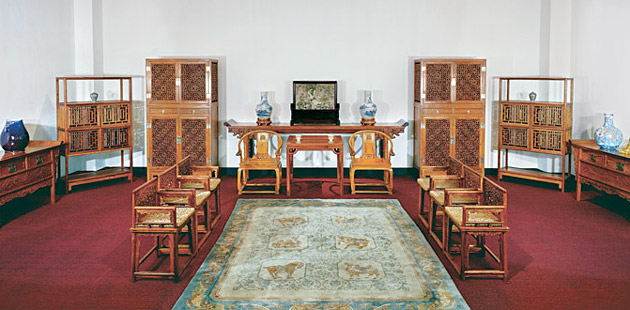Chinese mark Mao Zedong's birthday
Updated: 2011-12-26 23:04
(Xinhua)
|
|||||||||||
BEIJING - Tens of thousands of Chinese flocked to Shaoshan and Tian'anmen Square, two major shrines for Mao Zedong, as well as other public venues on Monday, burning incense, eating noodles and singing "red songs" to mark the late leader's 118th birthday.
Normally, the mausoleum of Mao on the Tian'anmen Square in Beijing is closed on Mondays for maintenance, but today tens of thousands swarmed to the mausoleum to pay their respects.
In front of the mausoleum's south gate, about 20 people, who wore red-star caps and pinned Mao badges, faced the shrine and sang "The East Is Red," which extols the deeds of Chairman Mao and was a well known anthem for every city and village's public address system during Mao's reign.
After bowing three times, the group punched their fists in the air while hailing "Long Live Chairman Mao."
"Chairman Mao is our great savior. Chairman Mao genuinely loved the underprivileged and hard-working people," said a tearful Nie Yeping, a 57-year-old woman from the southwestern city of Chongqing.
Nie said she visits here twice a year -- on Mao's birthday and day of death.
The fervent Mao devotees were only a tiny proportion of those who paid tribute to Mao on the day. In the memorial hall, dozens of bouquets were placed under the statue of Mao, and the flowers came from people across the country, according to administrators.
Jia Cun, a 24-year-old employee with a major insurance corporation, said he specifically asked for the day off to visit the mausoleum.
"My gratitude to Chairman Mao propelled me to visit the mausoleum and express my reverence on Mao's birthday," Jia said.
Memorial activities were also held in another shrine of Mao, a peasant house in Shaoshan, a small hamlet nestled in the pine-dotted hillside of Hunan Province, where Mao was born.
Visitors to Shaoshan on Monday were double the normal amount, and they were offered a free bowl of noodles by their hotels and inns, as eating noodles is a ritual on birthdays to wish for longevity.
"The tribute to the late leader reminds me of his revolutionary moxie, and it also inspires us to forge ahead in the spirit of solidarity," said a visitor surnamed Wang, who then joined in over ten thousand people to sing "The East is Red" before a huge bronze statue of Mao.
Though the tourism of Shaoshan lulled in the 1980s, the pilgrimage to the mud-brick abode of Mao boomed after 2008, and this year alone it has seen over 7.5 million visitors, according to local tourism bureau.
The commemorating crowd in the city of Changsha, capital city of Hunan, was much smaller but more personal.
About 100 senior citizens gathered around a 10-meter-high statue of Mao Monday morning on a square at Hunan University. They burned incense, distributed red-star caps and sung revolutionary songs. Many of them had bags printed with Mao quotations.
Hu Min'an, a retired teacher, addressed the crowd at the square, calling for an "upholding of Mao thought."
Hot Topics
HIV/AIDS, Egypt protest, Thanksgiving, climate change, global economic recovery, home prices, high-speed railways, school bus safety, Libya situation, Weekly photos
Editor's Picks
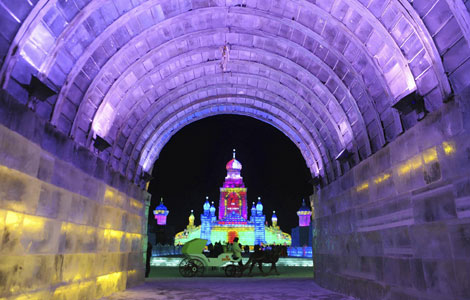
|
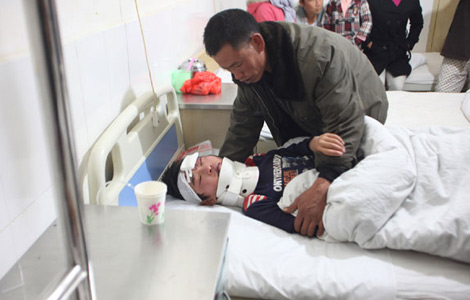
|
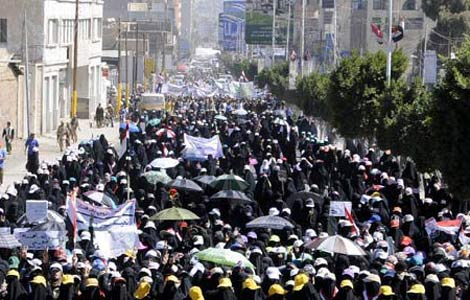
|

|
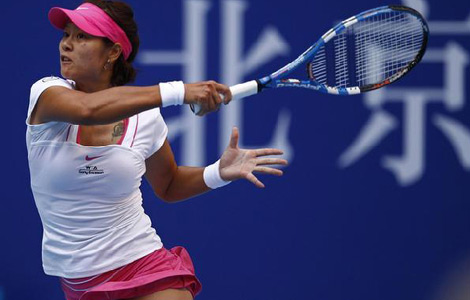
|
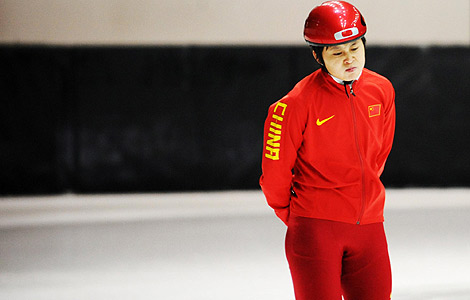
|





